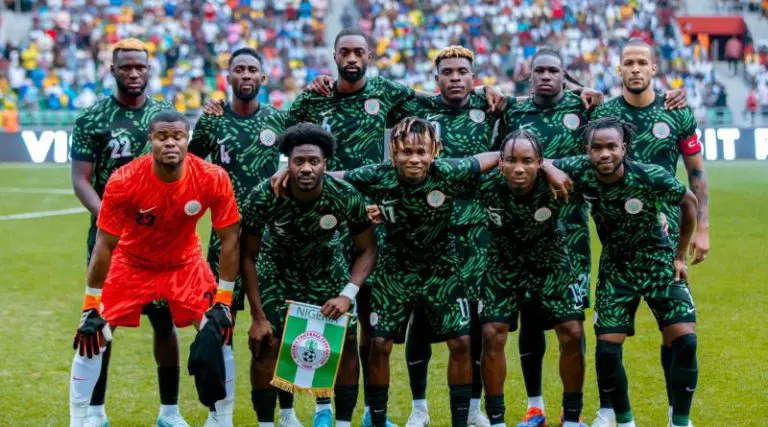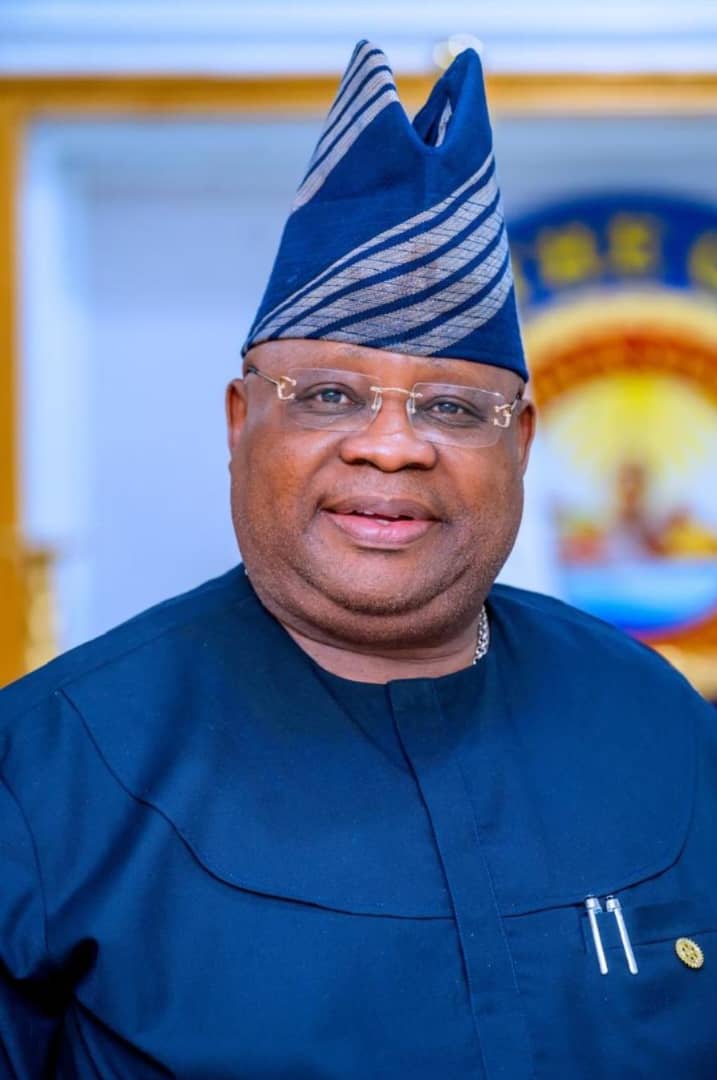As Brent crude reached a 2023 high of $94 per barrel, industry insiders warn of potential fuel price increases in Nigeria. The depreciation of the naira against the U.S. dollar further complicates matters.
On Sunday, oil marketers indicated that rising crude prices combined with forex crises have led to increased government expenditure on petrol subsidies. The cost of crude oil and dollar exchange rates account for over 80% of the Premium Motor Spirit (PMS) cost.
Naira’s value declined to N950 per dollar due to worsening forex scarcity, reported by The PUNCH.
While the Nigerian government and its Nigerian National Petroleum Company Limited (NNPCL) have stated that petrol subsidies ended with the deregulation of the downstream oil sector, sector operators suggest a “quasi-subsidy” is in play.
Chief Chinedu Ukadike of the Independent Petroleum Marketers Association of Nigeria emphasized that Nigeria’s current fuel prices are below what they should be based on the dollar and crude oil price increase. Though increased crude prices boost Nigeria’s forex earnings, the nation still imports refined products, diluting the benefit.
Billy Gillis-Harry, President of the Petroleum Products Retail Outlets Owners Association of Nigeria, urged NNPCL to leverage the high crude prices for the benefit of Nigerian consumers.
The Federal Government has been urged to clarify its position on fuel subsidies. In August, Ajuri Ngelale, Special Adviser to President Bola Tinubu, assured there’d be no increase in PMS prices.
However, Yusuf Othman, National President of the Nigerian Association of Road Transport Owners, raised concerns about the challenges transporters face due to the fixed pump price.
Separately, NNPCL announced three new Executive Vice President appointments on Sunday, leading to the retirement of three former EVPs. In 2022, the company transitioned from Nigerian National Petroleum Corporation to the Nigerian National Petroleum Company Limited.
Advertisement




